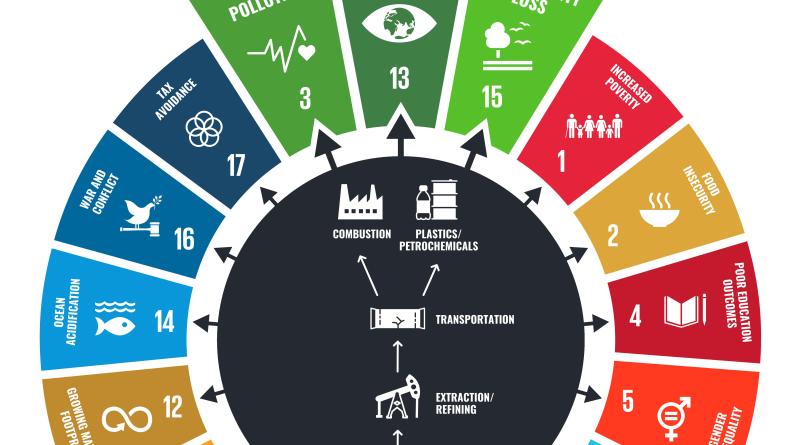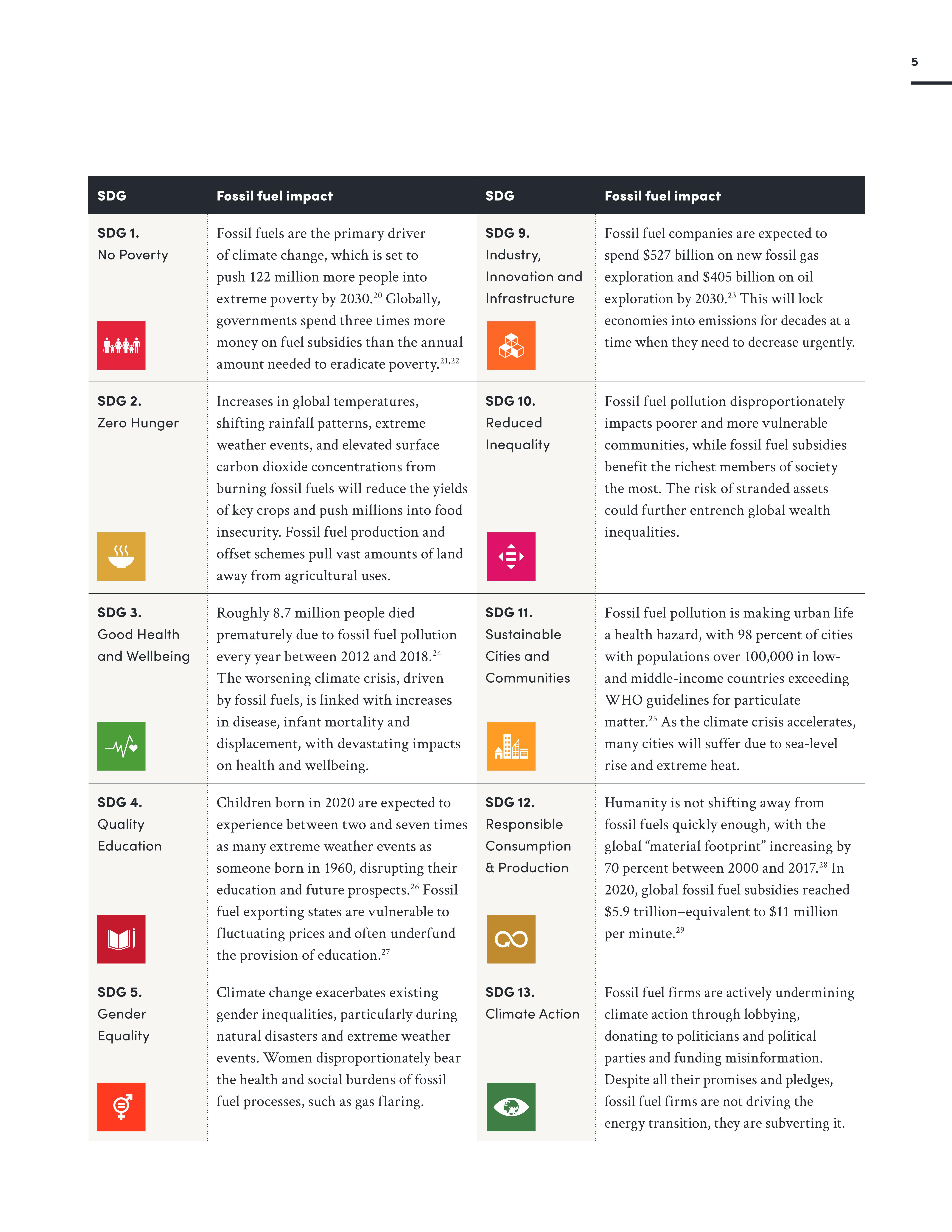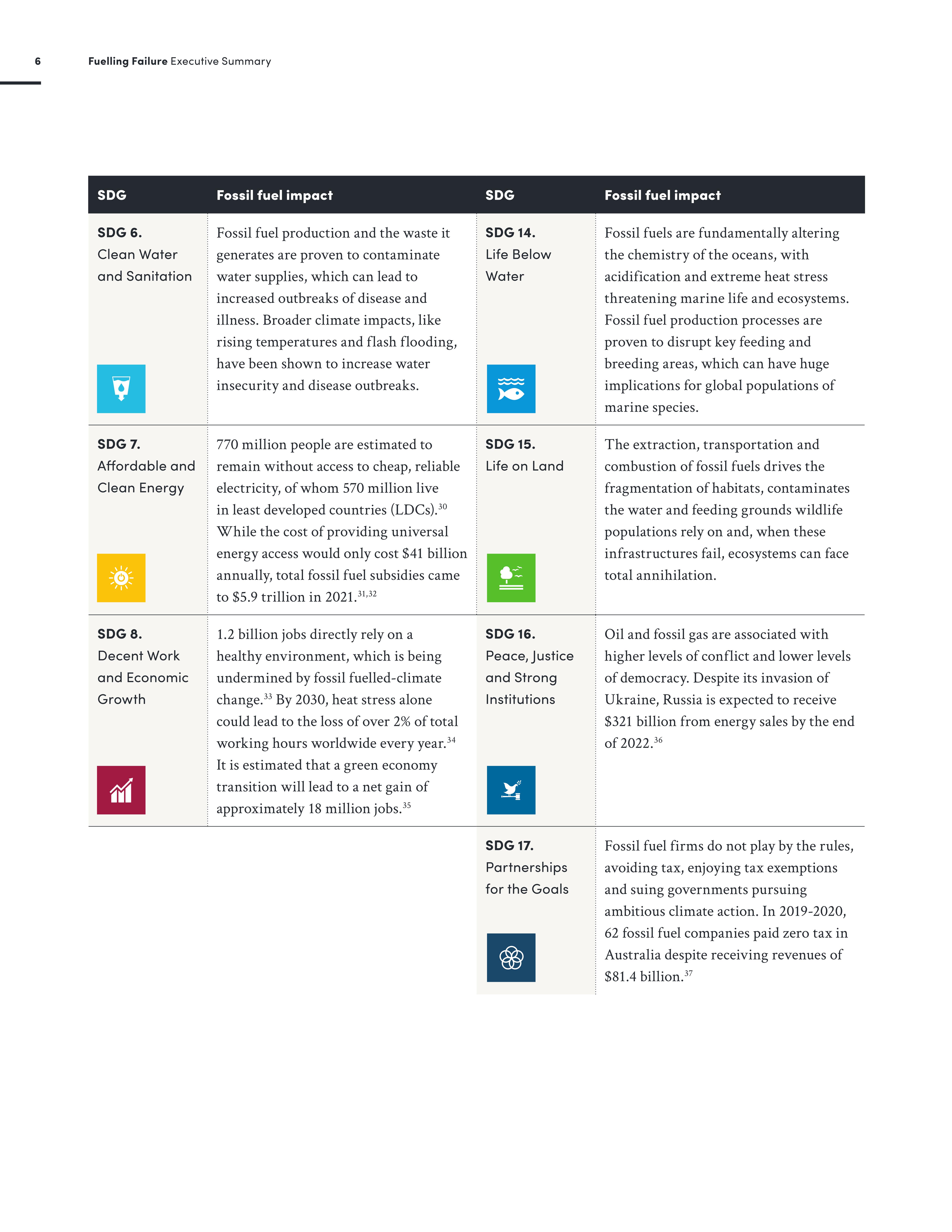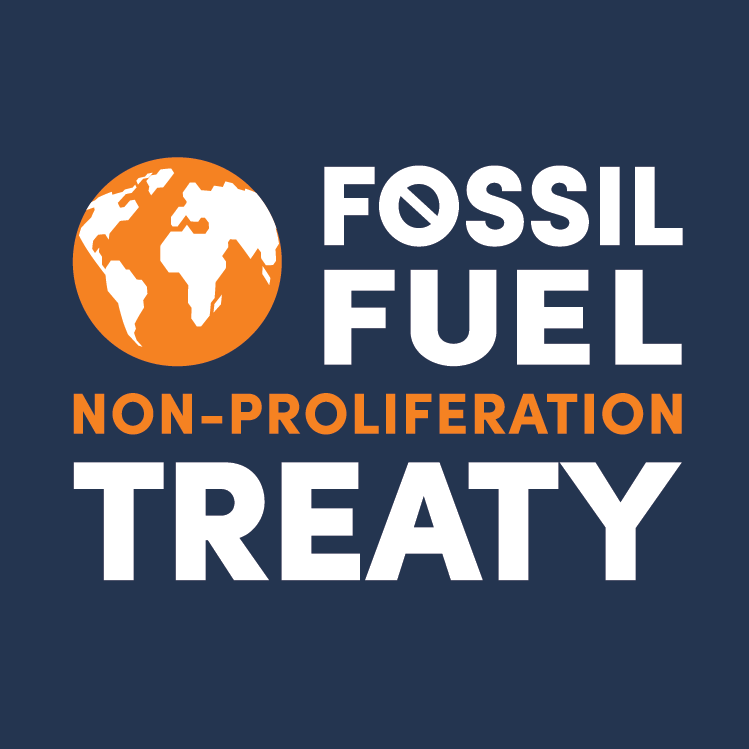FUELLING FAILURE: HOW FOSSIL FUELS UNDERMINE THE SDGS

The Sustainable Developments Goals (SDGs) were unanimously endorsed and adopted by United Nations member states in 2015. While progress has been made towards achieving some of the goals, the exploration, extraction, refining, transportation and combustion of oil, gas and coal is making it impossible for the global community to meet the SDGs, threatening lives and livelihoods, and the ability of the planet to sustain human well being.
Fuelling Failure is the first report to highlight the dangers fossil fuels pose to the entire sustainable development agenda. It draws on more than 400 academic articles, civil society reports and case studies from affected communities to examine how the exploration, extraction, transportation and combustion of fossil fuels, and the conduct of the fossil fuel industry, are sabotaging efforts to achieve the SDGs. The report sets out a way forward that aligns ambitious climate action with efforts to revitalise the sustainable development agenda. This includes an international framework to coordinate a fast and fair phase out of oil, gas and coal while accelerating the adoption of clean energy and other low-carbon technologies with wealthy nations leading the way.
The 17 SDGs, whose 169 targets aim to "end poverty, protect the planet and ensure prosperity for all by 2030," touch on a diverse range of issues and challenges such as biodiversity, work, health, inequality and food. The goals apply to all countries, rich and poor, with the aim of ensuring that "no one will be left behind." While the SDGs have been criticised in terms of whether they represent the most appropriate measure of wellbeing and prosperity, they are widely accepted by governments, institutions and development organisations and are a core concern of the June 2022 UN Stockholm+50 conference.
As the primary driver of climate change, responsible for 86 percent of global CO2 emissions over the past decade,1 continued fossil fuel dependence is preventing humanity from achieving the SDGs by amplifying the impacts of climate change and placing the health and stability of both natural and human systems at risk.
The latest report from the Intergovernmental Panel on Climate Change (IPCC) notes that a staggering 3.5 billion people, roughly 40 percent of humanity, are "highly vulnerable" to the impacts of climate change.2 Amongst this large section of the global population are approximately one billion children - nearly half of all children on Earth.3 Accelerating climate change driven by the burning of fossil fuels will harm human health,4 disrupt economies,5 increase inequality6 and hunger,7 drive mass migrations,8 push entire ecosystems to a point of no return9 and make some parts of the world uninhabitable for humans.10 Countries in the Global South, where the basic needs of billions of people are currently not being met, are expected to suffer the greatest loss of life, property and economic activity due to climate change despite being least responsible for the problem.11
In each year between 2012 and 2018, an estimated 8.7 million people died prematurely due to fossil fuel air pollution.12 However, just focusing on particulate matter may underestimate the true health impacts of fossil fuel pollution, with one study concluding that fossil-fuel-related emissions account for around 65 percent of the excess mortality rate attributable to air pollution.13 In 2018, fossil fuel pollution was responsible for 1.8 billion days of work missed due to illness, 4 million new cases of asthma amongst children and 2 million preterm births.14
Countries in the Global South, where the basic needs of billions of people are currently not being met, are expected to suffer the greatest loss of life, property and economic activity due to climate change despite being least responsible for the problem.
The negative impacts on natural systems are profound and well-documented. Extracting and transporting fossil fuels causes substantial habitat fragmentation and destruction, threatening wildlife populations. Air pollution from fossil fuels causes acid rain that damages trees, soils and water bodies with severe effects for food chains and wildlife. The frequent failure of fossil fuel infrastructures such as pipeline ruptures and oil spills causes unparalleled disruption to ecosystems with some species never recovering.
Despite consistent warnings from climate scientists and civil society that emissions must fall dramatically to limit temperatures to 1.5°C above pre-industrial levels, there is currently enough coal, oil and gas under production to take global heating well beyond this figure.15 The most recent estimates are that, for a 50 percent probability of staying below 1.5°C, approximately 40 percent of developed reserves must remain in the ground.16 Rather than addressing this challenge, the UN Production Gap report found that governments around the world are expected to produce more than twice the amount of fossil fuels by 2030 than is consistent with the 1.5°C limit.17 Many of these governments are based in wealthy, industrialised nations that are disproportionately responsible for climate change due to the fossil fuel intensity of their economic development and the emissions associated with it18 with the richest ten percent of humanity accounting for over half (52%) of emissions between 1990 and 2015.19 These same nations have a duty to drive international progress towards the SDGs and have the capacity to ramp up the finance, policy and ambition to achieve them.
SDGs AND FOSSIL FUELS: SUMMARY OF IMPACTS








